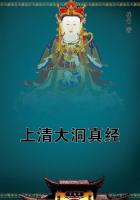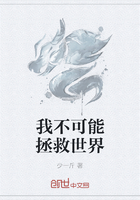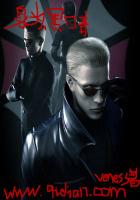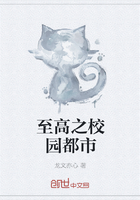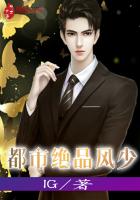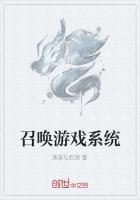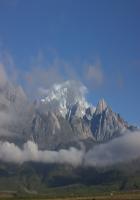Having, with his card and his japonicas, dismissed the Countess from his mind, and to a certain extent his obligations, the full importance of this new order of Peter Fish's began to take possession of him. The color rose in his cheeks and an old-time spring and lightness came into his steps. He knew that such a commission, and from such a man, would at once gain for him a recognition from art patrons and a standing among the dealers. Lasting success was now assured him in the line he had chosen for his life's work. It only remained for him to do the best that was in him.
Better than all, it had come to him unasked and without any compromising effort on his own part.
He knew the connoisseur's collection. It filled the large gallery adjoining his extensive home on Washington Square and was not only the best in the city, containing as it did examples of Sir Thomas Lawrence, Sir Joshua Reynolds, Chrome, Sully, and many of the modern French school--among them two fine Courbets and a Rousseau--but it had lately been enriched by one or more important American landscapes, notably Sanford Gifford's "Catskill Gorge" and Church's "Tropics"--two canvases which had attracted more than usual attention at the Spring Exhibition of the Academy. An order, therefore, for a family portrait from so distinguished a patron not only gave weight and dignity to the work of any painter he might select, but it would unquestionably influence his many friends and acquaintances to go and do likewise.
As Oliver, his eyes aglow, his whole heart filled with joy, stepped quickly down the street the beauty of the day made him throw back his shoulders and drink in long deep breaths, as if he would fill his very pores with its vitality. These early spring days in New York--the most beautiful the world over; not even in Italy can one find better skies--always affected him in this way. There was a strength-giving quality in the ozone, a brilliancy in the sunshine, and a tempered coolness in the air to be found nowhere else. There was, too, a certain picturesqueness in the sky-line of the houses--a sky-line fringed with jets of white steam from the escape-pipes of numerous fires below, which appealed to his artistic sense.
These curling plumes that waved so triumphantly in the sparkling morning light, or stirred by the wind, flapped like milk-white signal flags, breaking at last into tatters and shreds, blurring the edges of chimney and cornice, were a constant source of delight to the young painter. He would often stop to watch their movements, and as often determine to paint them at the first opportunity. They seemed to express to him something of the happy ******* of one released from pent-up toil; a ******* longed for in his own heart, and which had rarely been his since those blessed days under Moose Hillock, when he and Margaret roamed the woods together.
Still a third cause of rejoicing--and this sent a flutter around his heart--was the near prospect of meeting his dear old father, whom he had not seen for months; not since his last visit home, and whose long years of struggle and waiting seemed now to be so nearly ended.
With these last joyous thoughts filling his mind, he stepped quickly through the corridor of the hotel, approached the desk, and had just given the names of his father and Nathan to the clerk, when a man behind the counter interrupted him with:
"Just arrived. Got in this morning. There they are by the window."
Two quaint-looking old gentlemen were gazing out upon the rush of Broadway--two old gentlemen so unusual that even the habitues of the place, those who sat tilted back all day chipping the arms of their chairs with their pen-knives, or sipping countless toddies and juleps, were still staring at them in undisguised astonishment. One--it was Nathan--wore a queer hat, bushy, white hair, and long, pen-wiper cloak: it was the same cloak, or another just like it; the same, no doubt; few new clothes had been bought during the war. And the other--and this was his own dear father--wore a buff waistcoat, high white silk scarf, and brown frock coat, with velvet collar.
Neither of them were every-day sights around the corridors of the New York Hotel: even among a collection of human oddities representing every State in the South.
"We thought it best to take the night train, my son," said Richard, starting up at Oliver's caressing touch--he had put both hands on his father's shoulders.
"You got your dear mother's letter of course.
Oh, I'm so glad to see you! Sit down here alongside of us. How well you are looking, my son," and he patted him lovingly on the arm. "What a whirl it all is! Nathan and I have been here for hours; we arrived at six o'clock. Did you ever see anything like it? The people never seem to stop coming. Ah! this is the place for you, my boy. Everything is so alive, so full of purpose, so intense, so delightful and inspiring to me. And such a change in the years since I was here."

